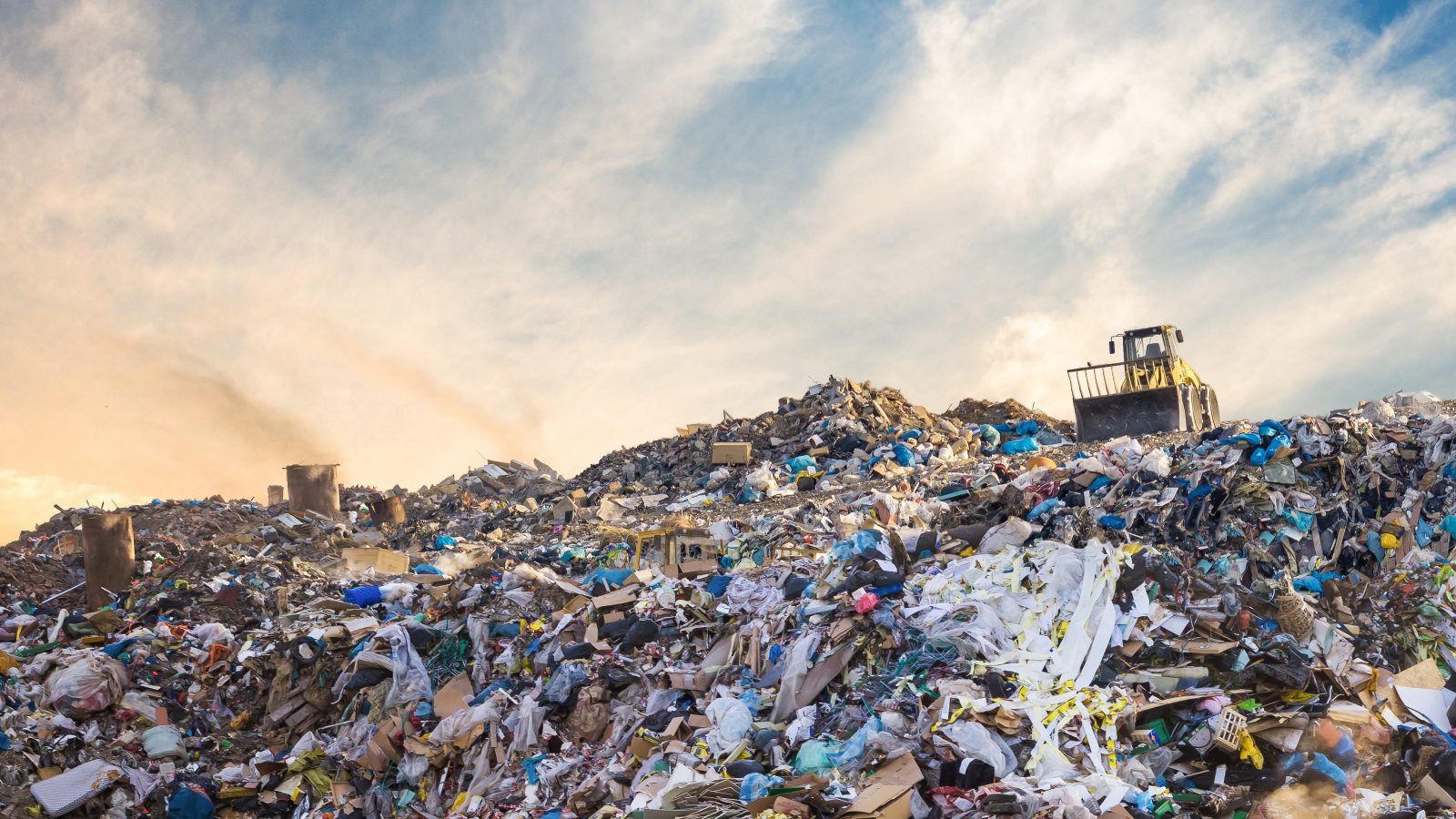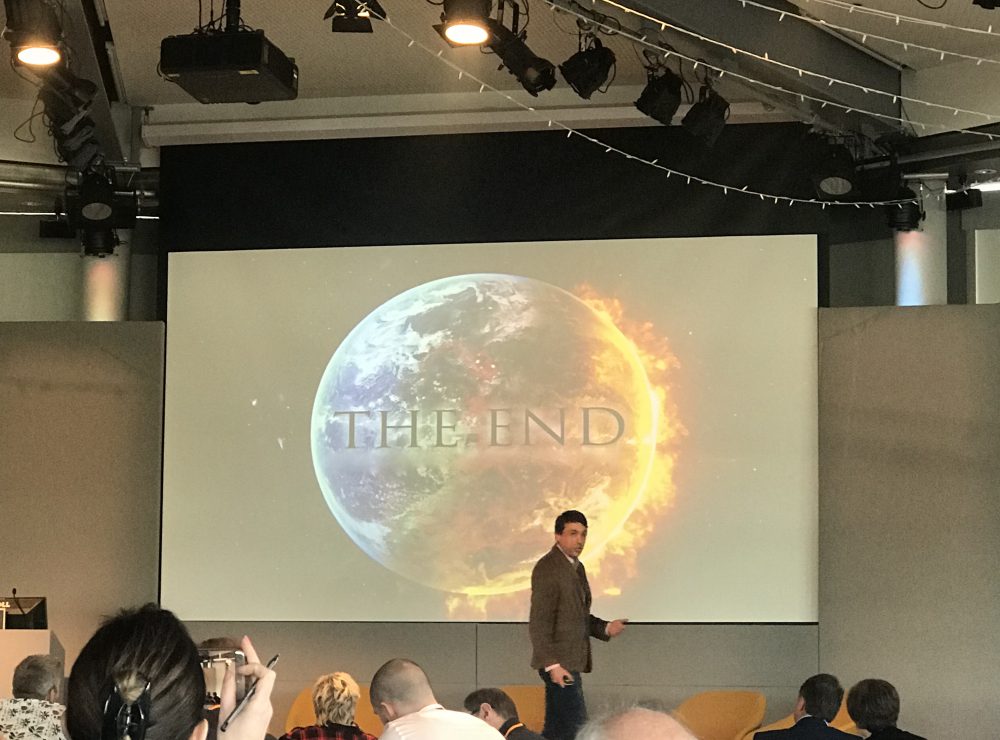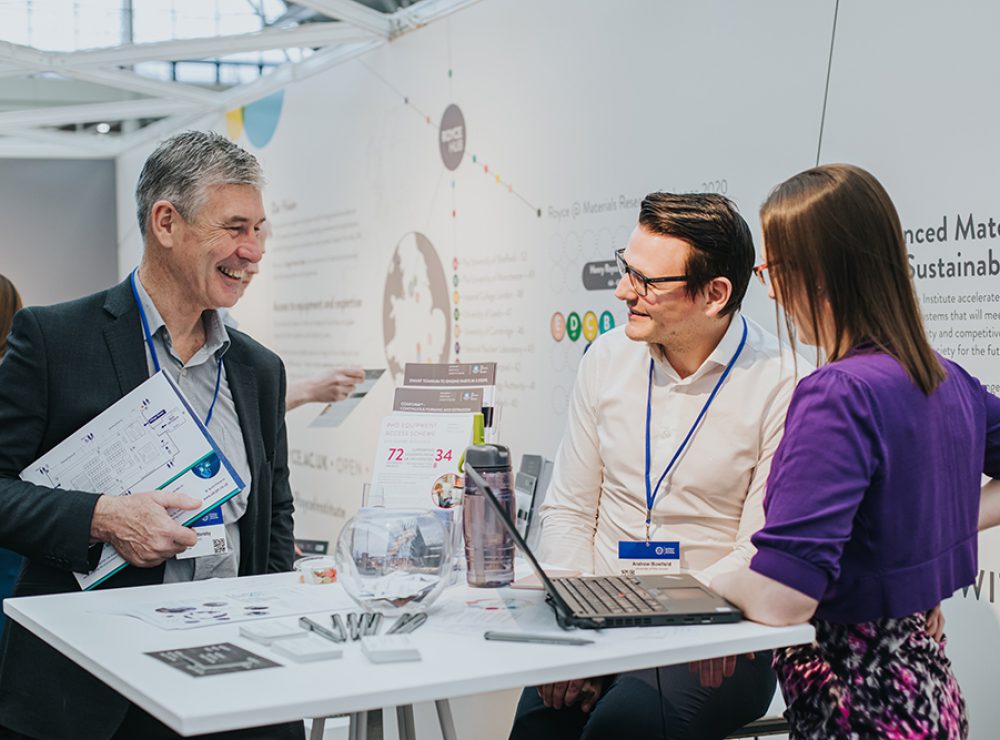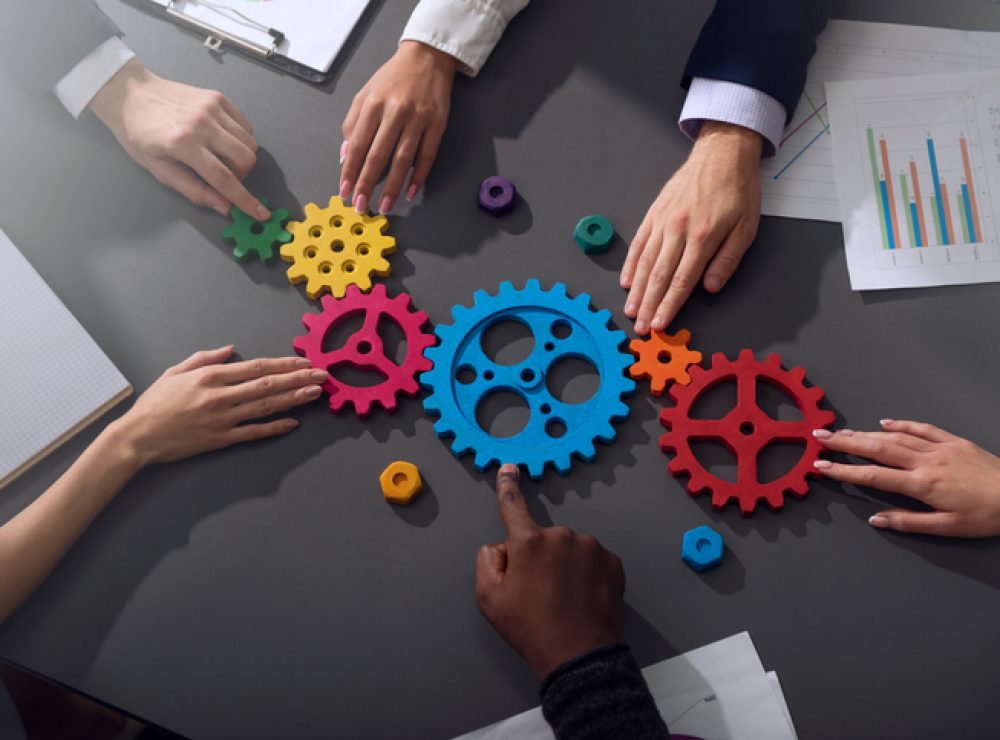A transition from a linear to a circular economy requires the ability to configure whole-systems, change practices and behaviour, deploy appropriate solutions, AND understand how these impact the system (P. Hopkinson 2020). A circular economy is a systemic approach to economic development designed to benefit businesses, society, and the environment. In contrast to the ‘take-make-waste’ linear model, a circular economy is regenerative by design and aims to gradually decouple growth from the consumption of finite resources (ELF 2020).
The mathematical sciences are unique in their adaptability in tackling challenges at sub-system, component-level and broader, systems-level challenges; and providing the language which unites them. This was the subject of a week-long session in February 2020 at the Isaac Newton Institute in Cambridge.
Sometimes a broader mathematical framework for describing can open our eyes to how system-level dynamics behave. For example, complexity science applied to interacting relationships, or information theory arguments used to describe resource flows, or the language of mathematical uncertainty to account for behaviour and stochastic processes. At the sub-system level, the mathematical sciences can provide a rigorous quantitative backbone for modelling logistics in circular cascades, or rationalising design decisions in new product / process offerings.
This virtual forum aims to introduce some of the challenges in plastics circular economy practices and adoption, and provide some insight into the role the mathematical sciences might have in this important and exciting area. This forum will:
- Present some of the ideas discussed at the Isaac Newton Institute Circular Economy session
- Focus on some key mathematical science / circular economy overlap areas
- Initiate some potential collaborations between business and the mathematical sciences in this area
Provisional Agenda
14:00 – 14:05 | Welcome
14:05 – 14:20 | Challenge in Plastics Reuse
14:20 – 14:50 | Mathematical Science Response
- Bill of material decomposition and revalorisation
- Designing trials for reuse at scale
- Collecting 100 % of plastic packaging
- Modelling Cooperative Behaviour
14:50 – 15:30 | Moderated Forum Discussion





